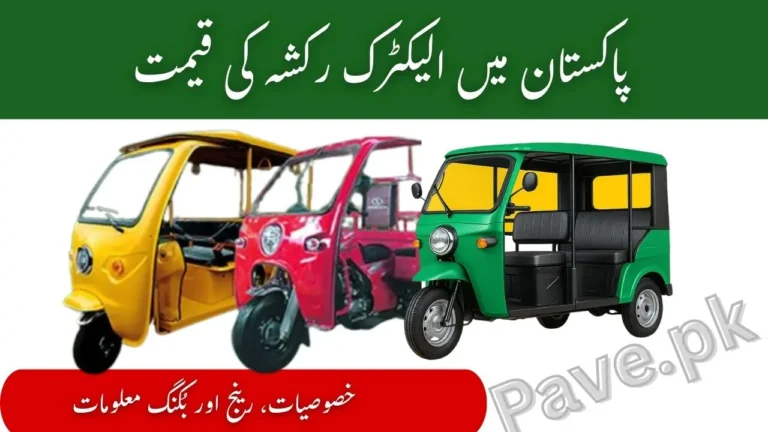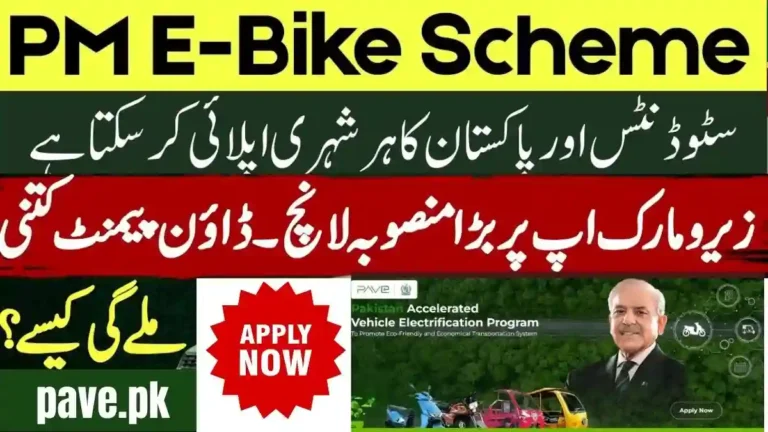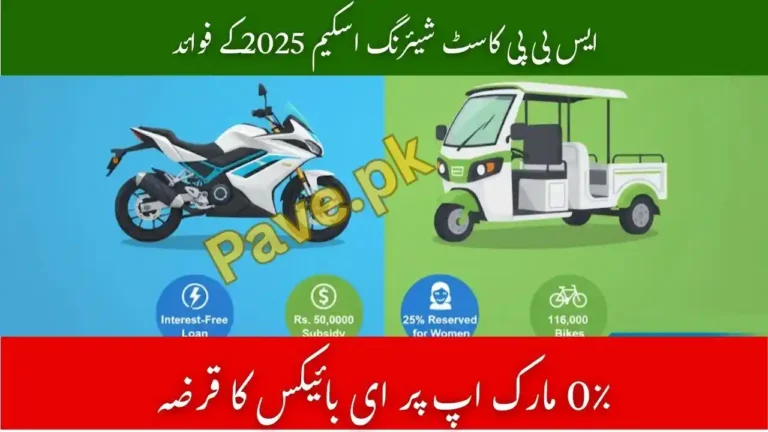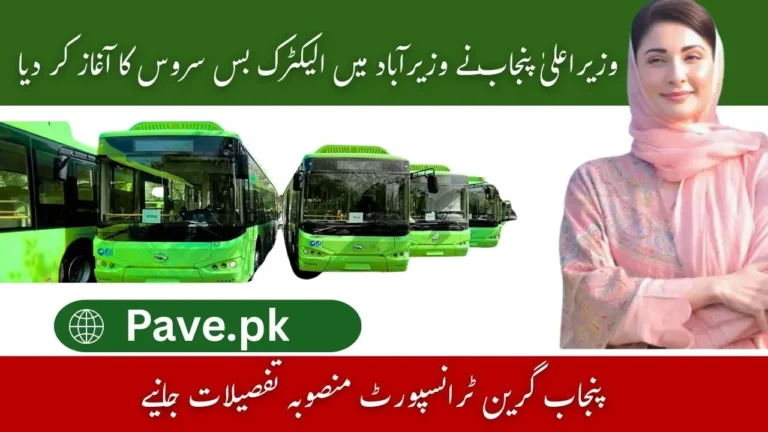Charging Stations for Electric Vehicles in Pakistan – Complete Map 2025
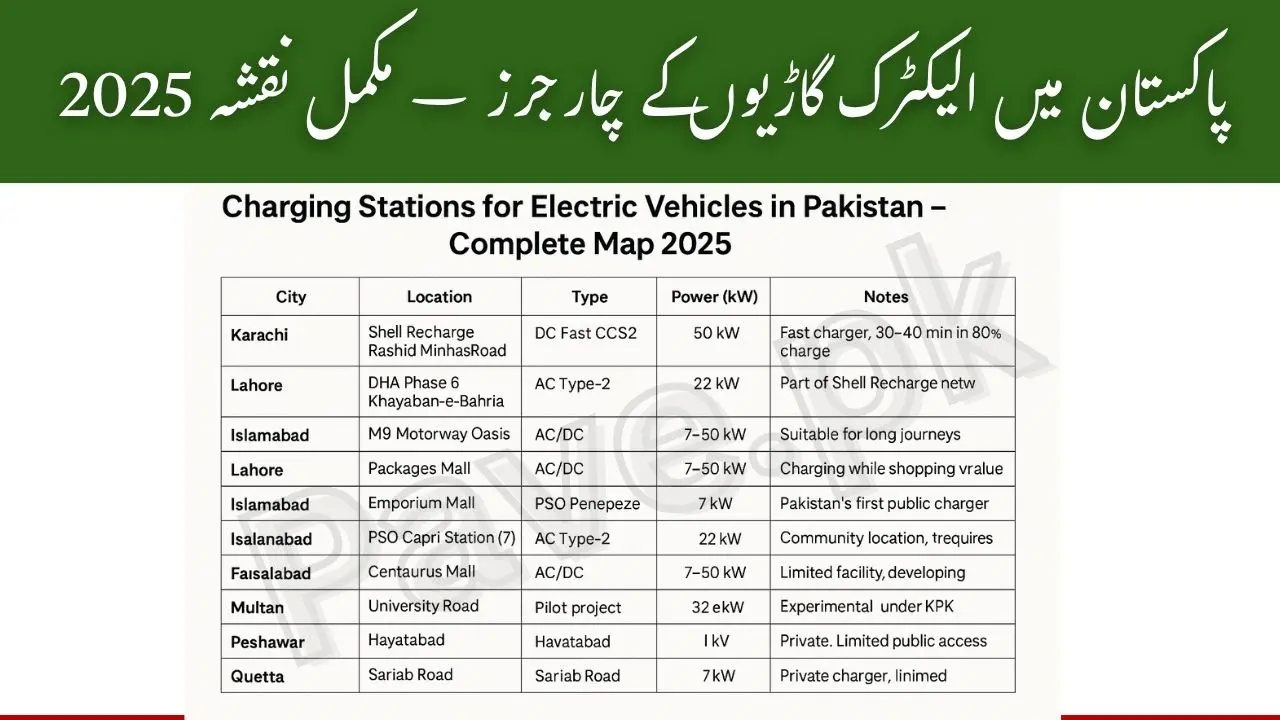
Charging Stations for Electric Vehicles in Pakistan are becoming a critical part of the country’s green transport revolution. In 2025, with the government promoting EVs through subsidies and banks offering easy financing, the demand for public charging networks has reached an all-time high. From electric cars and rickshaws to cargo loaders and bikes, every EV owner now wants convenient and affordable charging options.
Pakistan’s EV market is still in its early growth stage, but charging stations are steadily expanding across major cities such as Karachi, Lahore, and Islamabad. Petrol pumps, shopping malls, and private dealerships are installing AC and DC chargers to attract EV drivers, while apps like PlugShare help locate nearby stations. This trend reflects a global shift toward sustainable transport and reduced dependence on petrol and diesel.
One of the biggest challenges for new EV buyers in Pakistan has been the limited number of charging stations. Unlike petrol pumps, which are found at every corner, EV charging points are still scattered. However, 2025 marks a turning point as the government and private companies roll out more public chargers, including fast-charging hubs along highways and city malls.
This guide provides a complete overview of charging stations in Pakistan, including a city-wise breakdown, EV bike charging details, cost of charging, and future expansion plans. Whether you own an electric car or bike, this article will help you understand where and how to charge your vehicle conveniently.
Why Charging Stations Are Important in Pakistan
Electric vehicles are only practical if drivers have access to reliable charging networks. In developed countries, fast-charging hubs are common, but in Pakistan the rollout is still in its early stages. Here’s why charging stations matter:
- Energy independence: Reduce reliance on imported petrol and diesel.
- Eco-friendly transport: EVs cut tailpipe emissions, improving urban air quality.
- Cost savings: Charging an EV is cheaper than filling petrol, especially with subsidies.
- Business opportunity: New charging stations attract customers to malls, hotels, and petrol pumps.
- Government targets: Pakistan has announced policies to reach thousands of EVs on the road by 2030, which requires strong charging infrastructure.
Types of EV Charging Stations in Pakistan
Charging stations are not all the same. They differ by speed, connector, and purpose.
- AC Chargers (Slow to Medium):
- Power: 3 kW – 22 kW
- Best for: Homes, offices, malls
- Time: 4–8 hours for cars, 2–6 hours for bikes
- DC Fast Chargers:
- Power: 50 kW – 150 kW
- Best for: Highways, petrol pumps, quick charging
- Time: 30–60 minutes to 80% battery
- Battery Swapping Stations (Emerging):
- Mostly for bikes and rickshaws
- Swap empty battery for a charged one in minutes
Check Also: E-Turbo Warrior200KM Price in Pakistan 2025
EV Charging Tariffs in 2025
As per NEPRA guidelines, charging stations in Pakistan can set their own prices within a regulated range.
- Average cost: Rs. 70–95 per kWh
- Example: If your EV battery is 50 kWh, a full charge may cost Rs. 3,500–4,750
- Comparison: This is still cheaper than filling petrol worth 300–400 km of travel
City-Wise EV Charging Map of Pakistan (2025)
🚗 Karachi
Karachi is leading in EV charging with Shell Recharge and K-Electric partnerships.
- Shell Recharge Rashid Minhas Road – 50 kW DC charger
- DHA Phase 6 – Shell Recharge station
- M9 Motorway Oasis – Long route charging option
- Malls & dealerships – Multiple AC charging points
🚗 Lahore
Lahore has several EV charging points, mostly in malls and PSO stations.
- Packages Mall – Type-2 AC chargers
- Emporium Mall – EV charging bays
- PSO filling stations at major roads (Ferozepur Road, Canal Road)
- Private dealerships installing chargers for customers
🚗 Islamabad & Rawalpindi
The capital has some of the earliest EV chargers.
- PSO Capri Station (F-7 Markaz) – First public EV charger in Pakistan
- Centaurus Mall – AC charging facility
- EV charging points near I-10 sector and Blue Area
🚗 Other Cities
- Faisalabad: Limited chargers at malls and petrol pumps
- Multan: University campuses and PSO stations testing AC chargers
- Peshawar: Small-scale projects underway with KP government
- Quetta: Early adoption, but very few charging options (mostly private)
EV Bike Charging Points in Pakistan
Most electric bikes in Pakistan (like Jolta, Evee, YJ Future, Metro, Road King) can be charged at home using a standard 220V socket. This makes them more practical compared to cars, as riders don’t always need public charging stations.
However:
- Some malls and workplaces are offering bike charging stands
- Cafes and restaurants are starting to provide bike charging as a customer service
- Battery swapping kiosks may soon become popular for delivery riders
Read Also: PAVE Chang Jiang C200 Price in Pakistan 2025
Home vs. Public Charging – What’s Better?
Home Charging
- Cheap and convenient
- Can be done overnight
- Requires safe wiring and a dedicated circuit
Public Charging
- Best for long trips
- Suitable for people without private parking
- More expensive than home charging
Tip: Most EV owners use a mix of home + occasional public charging for maximum convenience.
Step-by-Step: How to Charge an EV in Pakistan
- Locate a charging station on PlugShare App or Google Maps
- Park your vehicle in the marked EV bay
- Select the right connector (CCS2 for cars, Type-2 for AC)
- Start charging via QR code, app, or staff assistance
- Monitor charging progress on the screen
- Stop charging, safely remove cable, and vacate the spot
Future of EV Charging in Pakistan (2025 and Beyond)
The future looks promising. The government and private companies have already announced plans:
- Motorway fast-charging hubs: EV corridors connecting Lahore–Islamabad–Karachi
- Bank financing & subsidies: Encouraging private businesses to install chargers
- EV-friendly malls & workplaces: More public AC points expected in cities
- Solar-powered chargers: Clean, renewable energy for EVs
- Battery swapping networks: Especially for bikes and rickshaws in urban areas
Benefits of More Charging Stations
- Convenience for drivers – travel without fear of running out of charge
- Boosts EV sales – buyers gain confidence in charging availability
- New revenue for businesses – malls, cafes, hotels attract customers
- Job creation – new roles in installation, maintenance, and management
- Cleaner environment – reduced petrol/diesel dependence
Check Also: Crown Benling Champion Lite Price in Pakistan October 2025
Challenges Facing EV Charging in Pakistan
- High installation cost of DC chargers
- Limited grid capacity in rural areas
- Lack of awareness among the public
- Need for standardisation of connectors
- Security & maintenance issues at remote charging stations
FAQs – Charging Stations in Pakistan 2025:
1. How many EV charging stations are in Pakistan?
Dozens of public chargers exist in major cities, but still fewer compared to petrol pumps. The number is increasing every year.
2. Can I charge an EV at home?
Yes. Most EV owners install a 220V wall socket or a dedicated home charger.
3. How much does charging cost?
Rs. 70–95 per kWh at public stations; cheaper at home depending on your electricity tariff.
4. Do electric bikes need public chargers?
No. They charge from a normal wall socket. Only commercial fleets may require public charging or swapping.
5. Which city has the best EV charging facilities?
Karachi currently leads with Shell Recharge and K-Electric hubs, followed by Lahore and Islamabad.
6. Are highway chargers available?
Some motorway sites now have DC fast chargers, but nationwide coverage is still limited.
7. What connector type is common in Pakistan?
Most public chargers use CCS2 (DC fast) and Type-2 (AC) connectors.
8. Can businesses install their own charging stations?
Yes. Many hotels, malls, and dealerships have done so.
9. What’s the charging time for cars vs. bikes?
Cars: 30 minutes (fast) to 6 hours (AC).
Bikes: 2–6 hours at home socket.
10. Is the government supporting EV charging?
Yes. NEPRA has regulated tariffs, and provincial governments are offering subsidies and policies.
Check Also: Required Documents for SBP Electric Vehicle Scheme 2025 Application
Conclusion – Charging Stations for Electric Vehicles in Pakistan
The EV charging station network in Pakistan (2025) is still developing, but progress is visible. Karachi, Lahore, and Islamabad are leading, while other cities are catching up. Electric bike riders can rely on home charging, whereas EV car owners will increasingly benefit from fast-charging hubs, mall chargers, and petrol station partnerships.
For now, PlugShare maps and Google Maps are the best tools to locate chargers. In the coming years, we can expect EV corridors, solar charging, and battery swapping networks to make Pakistan a true EV-friendly country.

